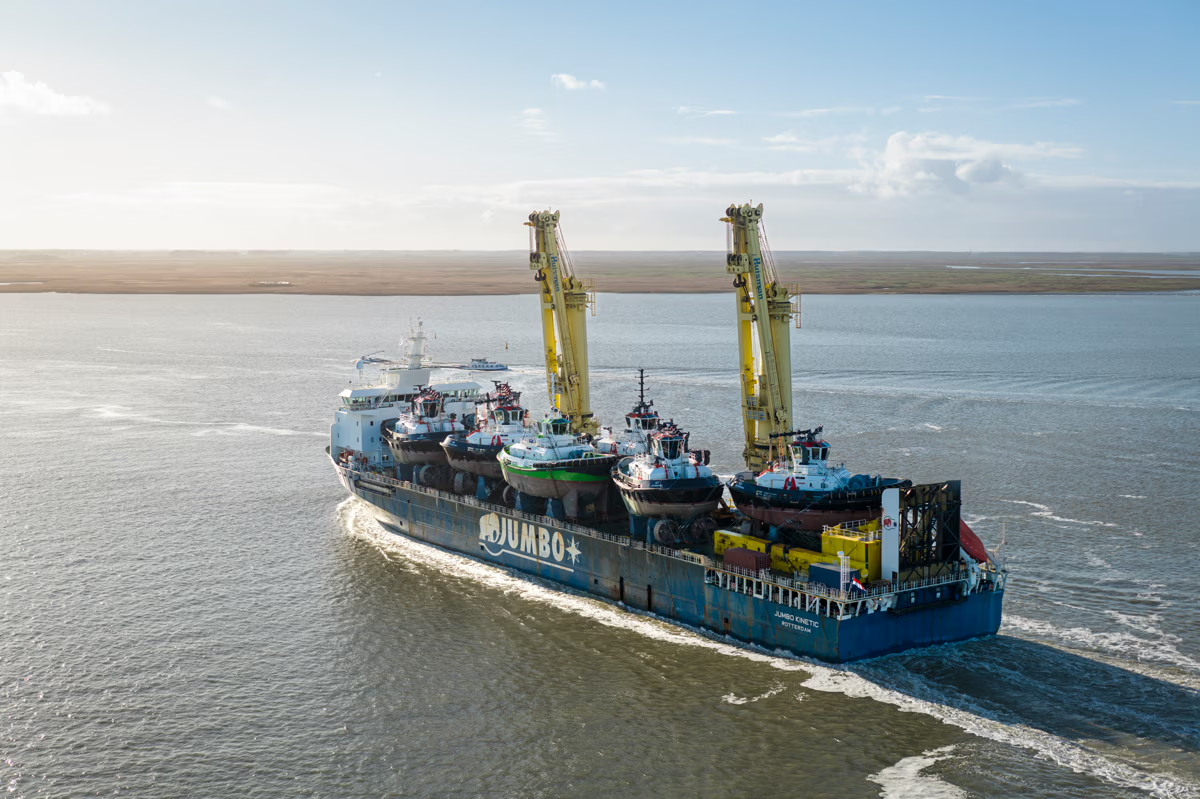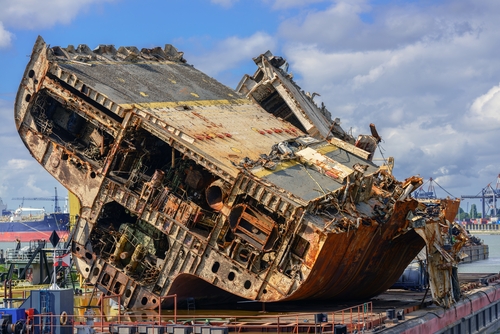According to GMS’ latest weekly ship-recycling report, market conditions across key recycling destinations remain mixed, with stable sentiments prevailing in South Asia while Turkey continues to struggle amid weak demand and declining steel plate prices.
As the sensitive ceasefire between Israel and Hezbollah gradually takes hold and the Russia-Ukraine conflict sees the use of increasingly deadlier weapons, this week, likely emboldened by the Gaza conflict, Syrian rebels recaptured Aleppo from government forces and are reportedly en route to engage the capital city of Damascus. This development saw WTI crude futures drop early in the week, stabilizing around USD 69 per barrel by week’s end. The news of the ceasefire also caused the already-declining Baltic Exchange Dry Index to fall over 4.5% this week, reaching its lowest level since January 2024.
Meanwhile, despite incoming President Trump’s announcement of sweeping tariffs of 25% on China, Mexico, and Canada, the U.S. economy continues to strengthen as inflation drops to globally favorable levels and the U.S. Dollar gains against nearly all ship recycling nations’ currencies. The ceasefire news eased tensions around trade routes, prompting a healthy number of beach-worthy yet employed ships to appear at various ship recycling sites, especially in Alang.
Subcontinent markets are gradually settling into familiar routines at prevailing bid levels, fostering a fragile sense of stability in an industry that has seen significant challenges. Weakening recycling nation currencies and shaky steel prices caused plate levels to plummet in Pakistan (and Turkey), further dampening Gadani market sentiments for the upcoming winter, and nearly halting exchanges with Gadani buyers. In Bangladesh, activity at bidding tables was virtually nonexistent except for local deliveries, suggesting no fresh arrivals in the coming week.
India, in the midst of this, struggles with an INR impacting domestic ship recyclers, despite its market currently performing the best in the industry. On the western front, Turkey’s Lira mirrored the INR’s struggles, nearing TRY 34 against the U.S. Dollar.
Looking ahead, as India and Bangladesh conclude key elections within Q1 2025, ship recyclers in these markets may gain momentum from anticipated modifications to domestic infrastructure projects, potentially accelerating the movement of locally recycled steel. The low domestic demand for recycled steel in ship recycling nations has been matched by an equally limited supply of tonnage—the lowest in over a decade—as active trading markets keep shipping lanes bustling across all vessel sectors, delaying the scrapping of vintage assets.
China’s upcoming stimulus package offers hope not only for its beleaguered economy but also for competing nations’ steel plate pricing, which remains volatile due to cheaper Chinese steel imports. This package is expected to influence global shipping markets and trade patterns, particularly as President Trump’s tariff announcements continue to impact economic dynamics. While global sentiments remain sensitive, a recovery in supply, demand, and vessel pricing is anticipated by Q1 2025.
For Week 48 of 2024, GMS Market Rankings / vessel indications are as below:
| Rank | Location | Sentiment | Dry Bulk USD / LDT |
Tankers USD / LDT |
Containers USD / LDT |
|---|---|---|---|---|---|
| 1 | Bangladesh | Stable | 470 / LDT | 490 / LDT | 500 / LDT |
| 2 | India | Stable | 460 / LDT | 480 / LDT | 490 / LDT |
| 3 | Pakistan | Stable | 450 / LDT | 470 / LDT | 480 / LDT |
| 4 | Turkey | Weak | 330 / LDT | 340 / LDT | 350 / LDT |



























































